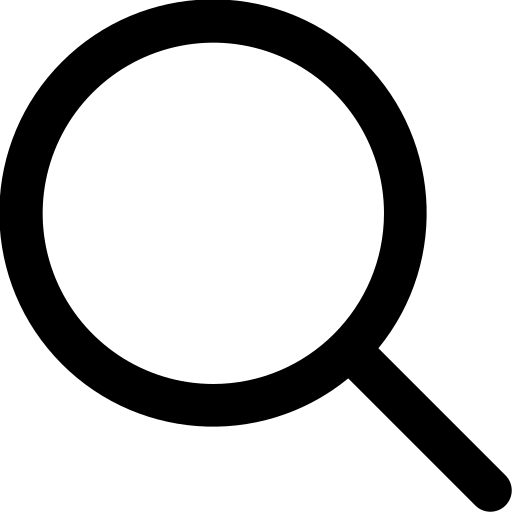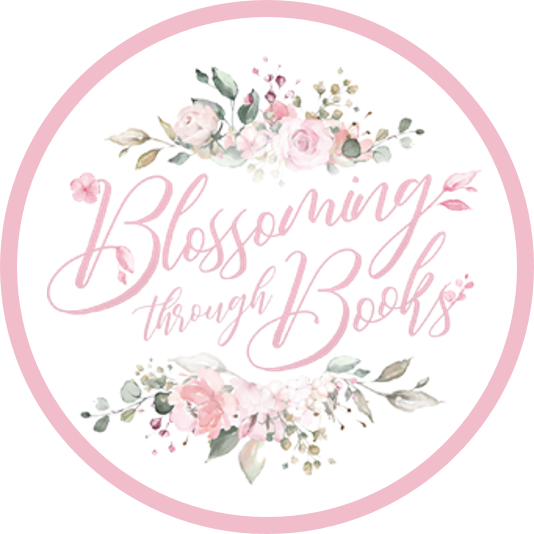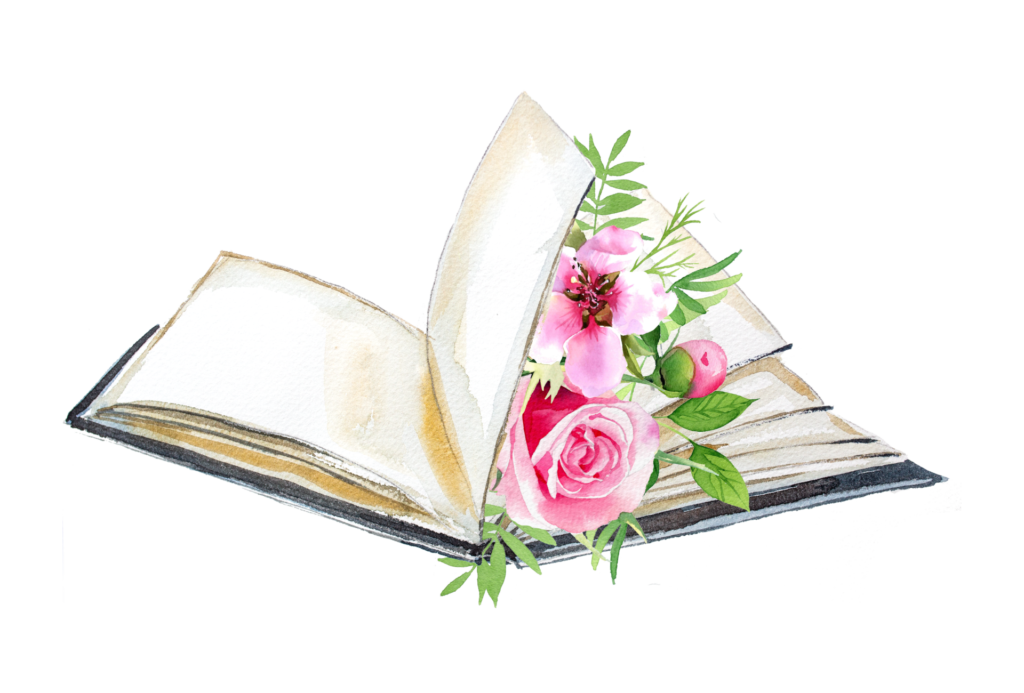Home Education Ponderings
“Maternal love is the first agent in education” 💕 – Charlotte Mason
This year in our Homeschool Book Club we began tackling Charlotte’s Volumes, starting with Home Education.
We’re using the @brandyvencel study guide & I’ve also got a copy of ‘Home Education in Modern English’ by Leslie Neolani Laurie, plus I’m taking ALLLLLL the notes. ✍️
Have you studied Home Education with friends? Let me know by commenting at the bottom of this page!
Other resources I’m using:
This beautiful copy of Home Education is from @newwestpress 🌷✨
The gorgeous 20 Principles printable is free to download from @ahumbleplace ✨

“Children should have the best of their mother” – Charlotte Mason ✍️
Our Homeschool Book Club recently met for our ‘Home Education’ discussion, and this quote, which has always been a favourite of mine, re-caught my attention. In my mundane day to day activities, it’s easy to give the “best” of myself away to others. After all, giving the best of myself to my children can feel like thankless work, whereas giving the best of myself to others, often comes with gratitude.
BUT, whose praise ought I be aspiring to receive? The praise of man, or a “Well done good and faithful servant” from God? I know in my heart the latter, but too often it’s not lived out.
I’ve been SO encouraged while reading ‘Home Education’. Charlotte profoundly puts into words my thoughts, feelings, hopes and dreams for motherhood and child training.
Here’s a few more of my favourite quotes and thoughts from our meeting:
– “And perhaps it is not too beautiful a thing to believe in this redeemed world, that, as a babe turns to his mother though he has no power to say her name, as the flowers turn to the sun, so the hearts of the children turn to their Saviour and God with unconscious delight and trust” (p20).
– The three Gospel laws of Education are to ensure that we do not: Hinder, Despise or Offend the children.
– Now that we know what we are commanded not to do, we are free to explore what we can and ought to do!
– The brain functions optimally when the following condition a met: Ample Rest, Exercise and Nutrition.
– One of the biggest stumbling blocks for our children is the good that comes from a source refusing to acknowledge God.
QOTD: What is your favourite Charlotte Mason quote?

✨A Mother’s Picture Gallery✨
“Never be within doors when you can rightly be without” ~ Charlotte Mason ✍️
We’ve moved into Part 2 of Charlotte Mason’s Home Education volume in our homeschool book club. It’s entitled “Out-of-Door Life for the Children” and covers some of my most esteemed educational ideas of Charlottes, many of which initially drew my heart towards the method. This quote below, solidified that her method was the right one for our family:
“Let them once get touch with nature, and a habit is formed which will be a source of delight through life. We were all meant to be naturalists, each in his degree, and it is inexcusable to live in a world so full of the marvels of plant and animal life and to care for none of these things.”
Before being a “homeschool mum”, I was a threatened species zoo keeper working with incredible Australian animals like Tassie Devils, Platypus and Corroboree Frogs. Leaving all of that behind, I deeply desired a lifestyle which would embrace my love for God’s creation and could enrich and cultivate my children’s awe and wonder for the world and the treasures to be found while adventuring here.
The simplicity of relishing a “quite growing time” in nature – a freedom for my littles to blossom alongside the flowers – and the habit of observing to “fully see”, has created eager little naturalists who delight in telling back the curiosities that they’ve found.
For myself, I’m beginning to collect photographs in my “mothers picture gallery”, whereby every lovely and interesting thing I observe is fully seen until it is a picture in my minds eye.
The photos below, while actual photos, bring to life some of those precious moments I’ve stored up in my mind and heart – the moments of frolicking in the sunshine with my dearest ones. They are a snippet of my mothers picture gallery, a tender insight into the things I ponder and pray most about.
💬 What images do you have stored up in your Mothers Picture Gallery?

✨Things Worth Observing✨
“Nature teaches so gently, so gradually, so persistently, that he [the child] is never overdone, but goes on gathering little scores of knowledge about whatever comes before him.”
We’re up to session 4 in our CM Home Education book club, which focuses on the second half of “Out-of-Door life”.
I especially enjoyed the section ‘The child should be made familiar with natural objects’, because this validated my weird and wonderful nature collection. We’ve got on display a dead seahorse, possum poo, birds nests, shells, bugs, gumnuts and everything in between! 😂
BUT, in all seriousness, the statement, “An observant child should be put in the way of things worth observing” could not ring more true – especially nowadays when it’s not hard for our children to look around and gaze upon infinite unlovely things.
I have also been pondering the idea of ‘overpressure’. The habit of giving the child the wrong thing to do – work which does not suit his mental development or “fit him” – as opposed to giving the child the work that Nature intends for him: “whoever saw a child tired of seeing, of examining in his own way, unfamiliar things?”
These two ideas collide so beautifully. Releasing a child to be free in nature, full of awe inspiring wonders and things worthy of observation, is also allowing Nature to be the teacher – who gently, gradually and persistently teaches – but also in a way which is unique and familiar to the child, and by default, will not overpressure him.
What are your thoughts on ‘Overpressure’? What are some of the ‘wrong things’ we may commonly give our children? 🤔

✨The Formation of habits is education, and Education is the formation of habits✨
“A mother forms her children’s habits involuntarily. Such habits as these, good, bad, or indifferent, are they natural to children? No, but they are what their mothers have brought them up to; as a matter of fact, there is nothing that a mother cannot bring her child up to”
We’ve just gathered to discuss session 5 ‘Habits is ten Natures’ in our CM book club.
Here are some of my observations:
Habits are the instrument by which parents work, a tool wielded gently and intentionally with the purpose of lifting the child’s character to a higher standard; equipping the child to fight against their natural inclination.
“Habit in the hands of the mother, is as his wheel to the potter, his knife to the carver – the instrument by means of which she’s turns out the design she has already conceived in her brain.”
We all experience the ongoing battle of yielding to the forces of nature. Within ourselves, we are incapable of steady effort because we have no strength of will – no power to make ourselves do that which we know we ought to do.
Therefore, it is the “business of education to find way some way of supplementing that weakness of will which is the bane of most of us as well as of the children.”
We cannot, therefore, leave children to their own Human Nature, and must as educators, strive to give the children control over his own nature. This includes the mastering of our own habits, because we know how deeply a mother’s habits impact her children.
Divine grace plays a crucial role, and still nature is strong and must not be permitted to run rampant.
“‘Habit is ten natures’ If that be true, strong as nature is, habit is not only strong, but tenfold as strong. Here, then, have we a stronger than he, able to overcome this strong man armed.”
So, “if man is a bundle of habits”, we can use this tool of habits to lay down foundations in the life of the child, that they may advance in the right direction.
Charlotte categorized habits into mental, moral, decency and propriety, physical, and religious.
Which area of habits would you like to work on for yourself and your children?

✨Letting Children Alone✨
We’re up to session 6 in our CM Home Education book club, which focuses on the second half of “Habit is Ten Natures”.
What did Charlotte actually mean when she said “Let Children Alone”?
This phrase has often confused parents, because without the whole context of the idea, it seems to encourage child directed learning or discipline.
However, let’s read the whole quote, and unpack it together:
“In conclusion, let me say that the education of habit is successful in so far as it enables the mother to let her children alone, not teasing them with perpetual commands and directions – a running fire of Do and Don’t; but letting them go their own way and grow, having first secured that they will go the right way, and grow to fruitful purpose. The gardener, it is true, ‘digs about and dungs,’ prunes and trains, his peach tree; but that occupies a small fraction of the tree’s life: all the rest of the time the sweet airs and sunshine, the rains, and dews, play about it and breathe upon it, get into its substance, and the result is – peaches. But let the gardener neglect his part, and the peaches will be no better than sloes.”
Charlotte does indeed encourage us to cultivate a love of self-education and healthy life-giving habits to nurture virtue and goodness within our children, so much so, that once this is established we can “let them alone”.
However, the order is essential. We first lay down the rails of habit, and provide the feast of ideas through living books and atmosphere.
Once we witness the fruitfulness of securing the right way for them to go, we “let them go their own way.”
To leave the children to go their own way, without first securing the way which they ought to go – essentially neglecting our part – will result in unfruitfulness.
The key to allowing our children to be let alone and grow their own way in goodness and virtue is to first secure the correct habits that will enable them to do so.
What’s your favorite Charlotte Mason quote? ✍️

✨The Habit of Attention✨
We’ve recently finished session 7 in our CM Home Education book club, which focuses on the first half of “Some Habits of Mind”, and I really loved these readings!
You might be wondering, “Why should I invest in the habit of attention?” when there are so many other habits to cultivate in our children. And the simplest answer is because,
“The highest intellectual gifts depend for their value upon the measure in which their owner has cultivated the habit of attention.”
Our gifts, generously bestowed to us from God are for the life of the world, and His glory. To not cultivate the habit of attention in our children, and allowing their natural wondering attentions to be at the “mercy of a thousand fancies” that flit through their brains, reduces their mental effort, and overall hinders the development of these good gifts.
We are all at the mercy of association, and do ourselves a disservice when we assume we are in control of our thoughts – the best we can do is try and direct the thoughts we think and give these thoughts wholesome direction.
We can begin cultivating the habit of attention in our children by helping the child to truly see; looking long enough at that one thing to get a real acquaintance with it.
In our home school rooms, we can encourage attention, and avoid dawdling or wandering attention by:
• Keeping lessons short and engaging
• Rotating through different types of lessons
• Have a timetable and schedule that sets healthy expectations
• Allow natural rewards and consequences for efforts
“It is impossible to overstate the importance of this habit of attention. It is to quote words of weight ‘within the reach of everyone one, and should be made the primary object of all mental discipline’; for whatever natural gifts of the child, it is only in so far as the habit of attention is cultivated in him that he is able to make use of them.”
What gifts does your uniquely created child have? Let’s be good stewards of our children’s gifts by cultivating atmospheres of attention where these gifts may blossom 🌸

✨Imagination Grows✨
We’ve recently finished session 8 in our CM Home Education book club, which focuses on the second half of “Some Habits of Mind”.
Charlotte’s thoughts and views on the development of imagination in the hearts and minds of children have always stirred a deep and profound YES in my heart. I so profoundly agree with her and have already observed the fruit and pleasure of a growing imagination in my children’s lives.
Charlotte says,
“But let them have tales of the imagination, scenes laid in other lands and other times, heroic adventures, hairbreadth escapes, delicious fairy tales in which they are never roughly pulled up by the impossible- even where all is impossible, and they know it, and yet believe.”
Like any habit of mind, the seed of imagination is but a germ of a power, waiting to be nourished into existence during childhood; the age of faith and wonder.
The world in which we live is both terrible and beautiful, and the cultivation of an imagination encourages us to finish our race well – and with hope – despite the dragons we face. More importantly, when we imagine through a biblical lens, the heroic tales of virtue, bravery, defense of the weak or oppressed, and the defeat of evil, remind us of the biggest story and conform us into the image of Christ.
“Fairy tales do not tell children dragons exist. Children already know that dragons exist. Fairy tales tell children the dragons can be killed.” – G.K. Chesterton
What was the first story that you read (or was read to you) that captured your attention and planted precious seeds of imagination in your mind and heart? 🌱

Recovering our Childhood
We’ve recently finished session 9 in our CM Home Education book club, which focuses on the first half of “Lessons as Instruments”.
Charlotte says many profound things, but the quotes that captured my heart are these;
“Thoughtful persons begin to suspect that the mistakes we make [in education] through this ignorance [making assumptions about children] are grievous and injurious. For example, are not all our schemes of education founded on the presumption that a child’s mind – his ‘thinking, feeling man’- begins ‘very small’, and grows great with the growth of his body? We cannot tell if this is indeed the case. The children keep themselves to themselves in a general way, their winning ways and frank confidences notwithstanding; but if one of us do, by chance, get a child revealed to him, he is startled to find that the child has by far the keener intelligence, the wiser thoughts, the larger soul of the two.”
And this…
“…our only means of true intimacy with a child is the power of recovering our own childhood- a power which we are apt to let slip as of no vital importance.”
I do not have much to add – I feel like these quotes speak so powerfully for themselves. But I will ask you a thought I have pondered myself in my end-of-year home-school-burn-out and the chaos that seems to be consuming my home amidst more health struggles and family trauma.
What if instead of trying to relentlessly seek rest AWAY from my children in this hard season, I seek rest in them?
What if instead of escaping into a book because the world hurts too much right now, I escaped into their childhood with them?
Why should I just read about magic and wonder and good overcoming evil when I can live it?
If you need me, I’ll be in the backyard recovering my lost childhood… I’ll be building a fort, wearing and crown, or slaying a dragon. I’ll be healing my broken heart with those whose souls are wiser, more intelligent, and larger than my own… my own dear little ones.
How will you recover your childhood today? ![]()




